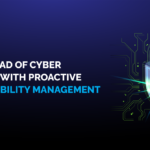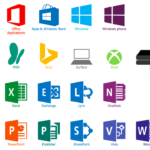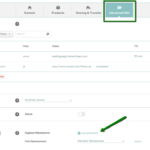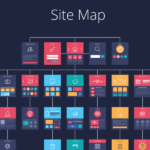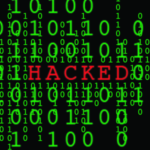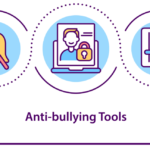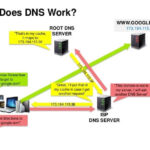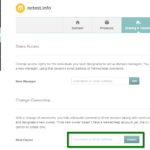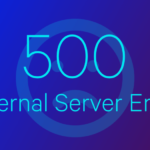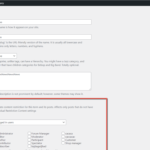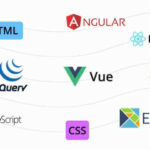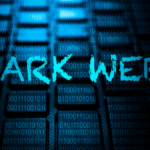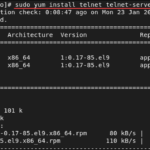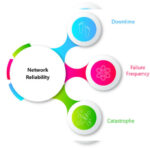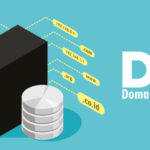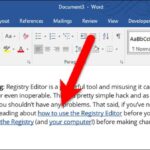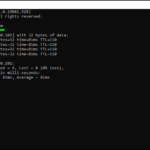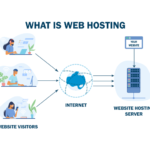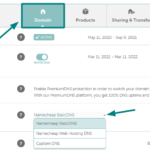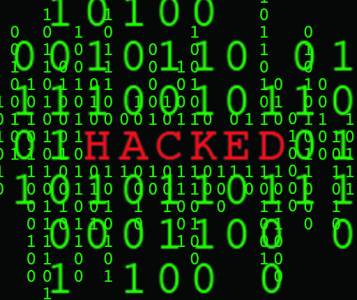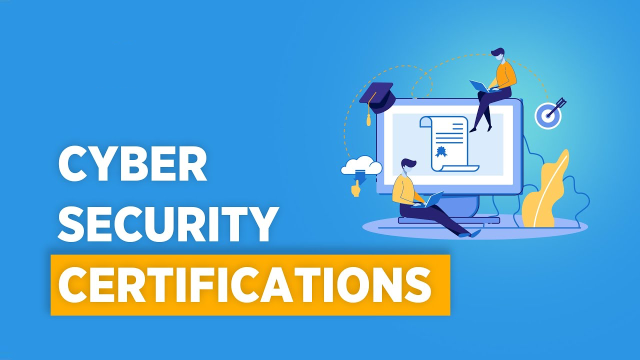
The landscape of ethical hacking and penetration testing has transformed significantly due to the emergence of automated tools. Presently, numerous tools are under development that can expedite the testing process. Ethical hacking plays a crucial role in assisting organizations to enhance the protection of their information and systems. Additionally, it serves as one of the most effective ways to enhance the capabilities of security professionals within an organization. Integrating ethical hacking into the security initiatives of an organization can yield substantial benefits.
What Are Hacking Tools and Software?
Hacking involves utilizing a range of tools and technology, typically in the form of computer programs and scripts, to gain unauthorized access to data for the purpose of enhancing the security measures of a computer system or network.
Hacking tools and software comprise computer programs or intricate scripts developed by professionals, enabling hackers to identify vulnerabilities in computer operating systems, various web applications, as well as servers and networks. In recent times, numerous employers, particularly in the banking sector, have been leveraging ethical hacking tools to safeguard their data from potential attackers.
These hacking tools are available either as open-source versions (freeware or shareware) or as commercial solutions. They can be downloaded from internet browsers, although individuals should exercise caution, as these tools can also be misused for malicious purposes.
Security professionals utilize ethical hacking tools to access computer systems and identify vulnerabilities, ultimately enhancing their security measures. These tools include packet sniffers for intercepting network traffic, password crackers for discovering passwords, and port scanners for identifying open ports on computers, among others. While a variety of hacking tools are available, it’s essential to consider their intended purpose before use.
Furthermore, the field of network administration has experienced significant growth in recent years. Initially focused on network monitoring, it has expanded to encompass the management of firewalls, intrusion detection systems (IDS), VPNs, anti-virus software, and anti-spam filters.
Among the well-known hacking tools in the market are Nmap (Network Mapper), Nessus, Nikto, Kismet, NetStumbler, Acunetix, Netsparker, Intruder, Metasploit, Aircrack-Ng, and others.
Importance of Hacking Software
When it comes to software for hacking, there is often a prevailing concern or fear that it could potentially harm our computer systems. However, the reality is quite different. In fact, many employers require the expertise of professional individuals to safeguard critical data related to valuable company assets, hardware, and software systems from malicious attacks. Consequently, the demand for ethical hacking has become increasingly evident, leading companies to actively seek and hire ethical hackers. The following outlines some essential characteristics of hacking software:
- It offers comprehensive security, both internally and externally, safeguarding end-users from various threats.
- It is utilized for testing network security by identifying vulnerabilities and subsequently addressing them.
- Ethical hacking software can be downloaded from open-source platforms, allowing individuals to secure their home networks from potential threats.
- It facilitates vulnerability assessments, thereby protecting networks or systems from external attacks.
- It is also employed for auditing the security of companies, ensuring that computer systems operate smoothly and without any significant issues.











